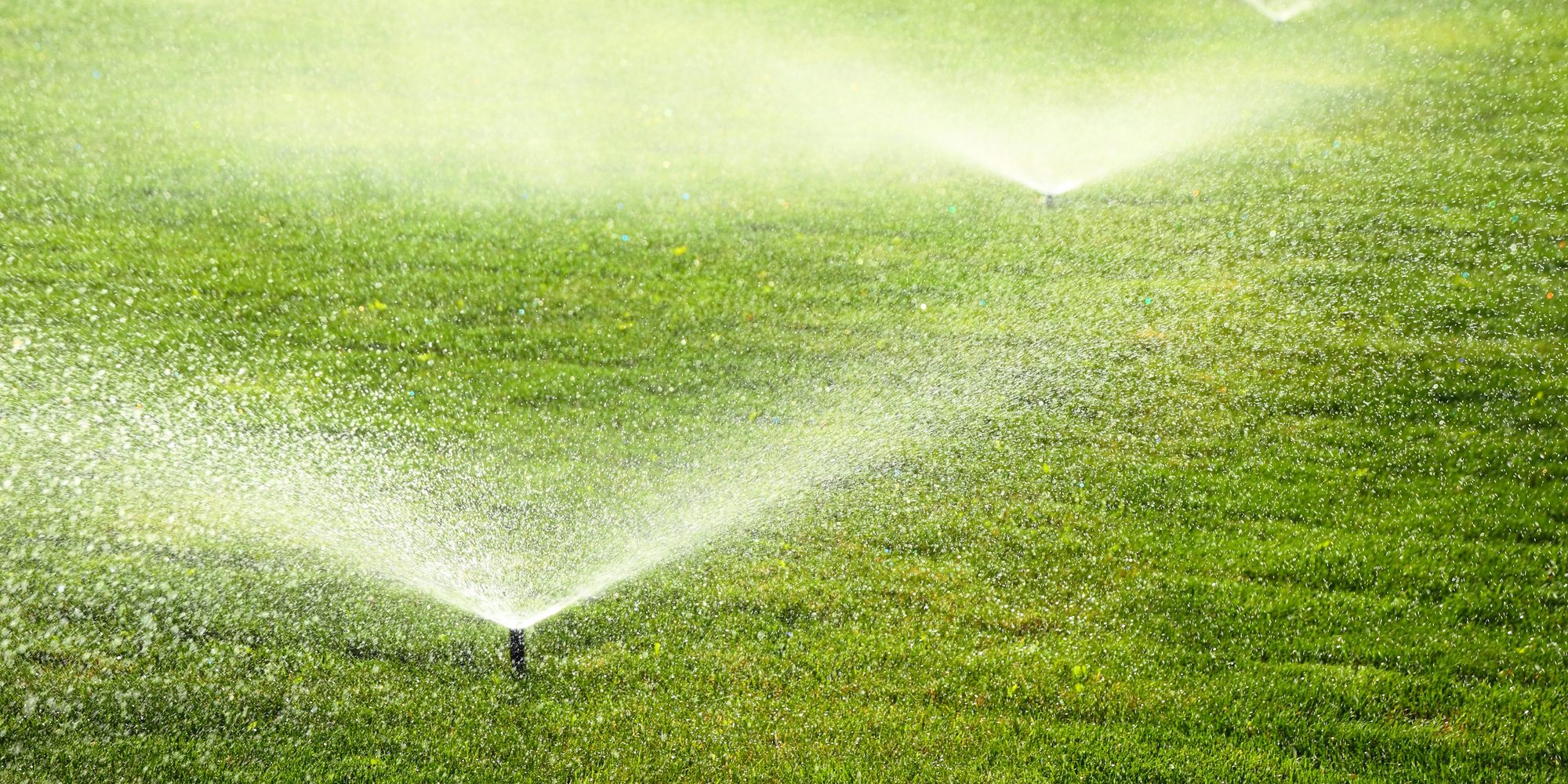As seen on https://www.cosmicpropertyinspections.com/blog
July marks Smart Irrigation Month, an ideal time to evaluate, inspect, and optimize your home’s irrigation system. Smart irrigation practices not only conserve water but also promote a healthier, greener, and more vibrant lawn. Whether you’re an experienced gardener or a homeowner looking to improve your yard’s beauty and efficiency, following these inspection and maintenance tips will ensure your irrigation system performs at its best all summer long.
The Importance of Regular Inspections
An irrigation system, much like any home system, requires routine checks and periodic maintenance. A neglected system can lead to overwatering, dry spots, uneven grass growth, and significant water waste, especially concerning during hot summer months. Regular inspections identify leaks, broken components, and inefficiencies early on, saving you water, money, and future headaches.
Check Your Sprinkler Heads and Nozzles
Begin your inspection by checking each sprinkler head thoroughly. Ensure all heads rise correctly from the ground and retract fully after watering. A sprinkler that doesn’t rise or retract could be blocked by debris, dirt, or grass roots and may require cleaning or replacement.
Examine each nozzle carefully, looking for cracks or chips. Broken or misaligned nozzles not only waste water but create uneven watering patterns, resulting in patches of unhealthy turf. Clean out any debris, dirt, or grass clippings that may obstruct the nozzles, restoring a clean and uniform spray pattern.
Adjusting Watering Patterns and Zones
Take note of the watering patterns and make necessary adjustments to avoid overspray onto sidewalks, driveways, or buildings. Overspray wastes water and can even cause damage over time. Adjust each sprinkler head to direct water precisely onto your lawn or garden beds, maximizing efficiency.
Evaluate your lawn’s irrigation zones to confirm they match your landscaping needs. Lawns, gardens, shrubs, and flower beds require different water quantities. Adjust your system’s zones or schedules to deliver targeted watering based on each area’s specific needs, thus ensuring healthier plants and grass.
Inspect for Leaks and Clogs
Leaks and clogs can dramatically reduce your irrigation system’s efficiency and lead to unnecessary water waste. Carefully inspect valve boxes, pipe connections, and sprinkler heads for any visible signs of leakage. Wet spots, standing water, or muddy areas typically indicate leaks underground and require immediate repair.
Similarly, examine your drip irrigation lines for clogs or obstructions. Remove clogs by flushing the lines or using a specialized drip-line cleaner to restore proper water flow, promoting optimal growth in your garden beds and landscape.
Upgrade to Smart Irrigation Technology
Smart irrigation controllers offer impressive water saving technology, automatically adjusting watering schedules based on local weather conditions, plant types, and soil moisture levels. Upgrading to a smart controller can reduce water usage by up to 30%, offering substantial savings on your water bill and a healthier landscape overall.
Integrating soil moisture sensors or rain sensors with your current system further enhances efficiency, ensuring your irrigation activates only when truly needed, significantly reducing wasteful watering.
Routine Maintenance Schedule
Establishing a routine maintenance schedule ensures your irrigation system runs optimally year round. Perform comprehensive inspections at least twice per season, once in spring before heavy use, and again in midsummer. Additionally, scheduling quick monthly checks during the irrigation season helps prevent potential issues and maintains system efficiency.
Smart Irrigation Month is your perfect opportunity to focus on maintaining and optimizing your lawn’s watering system. Regular inspections, necessary repairs, smart adjustments, and investing in efficient technology help ensure you have a vibrant, healthy landscape while contributing to water conservation efforts. Embracing these smart irrigation practices protects not only your lawn but our shared environment as well.
–
Written by the staff writers at HappyWriters.co







